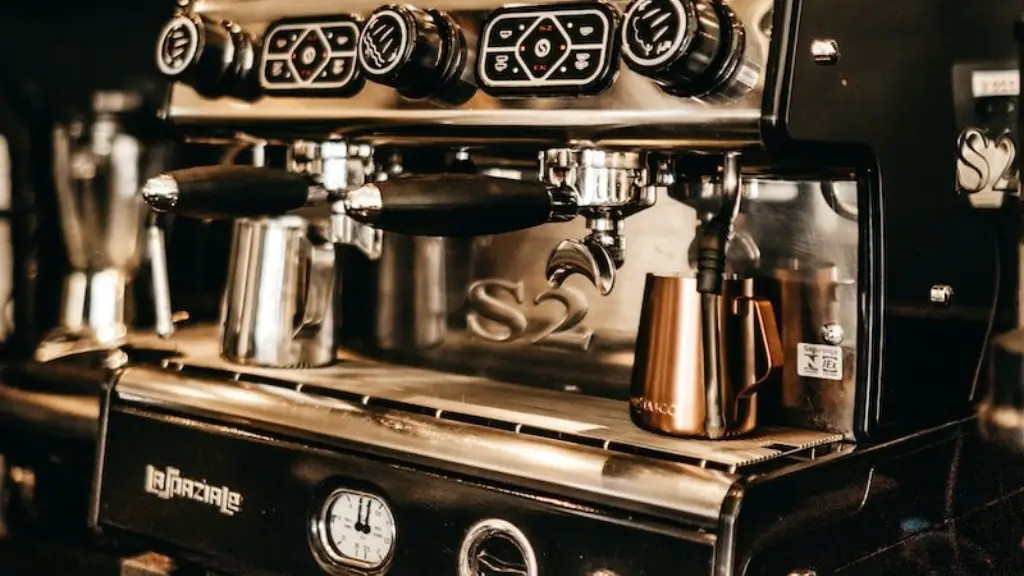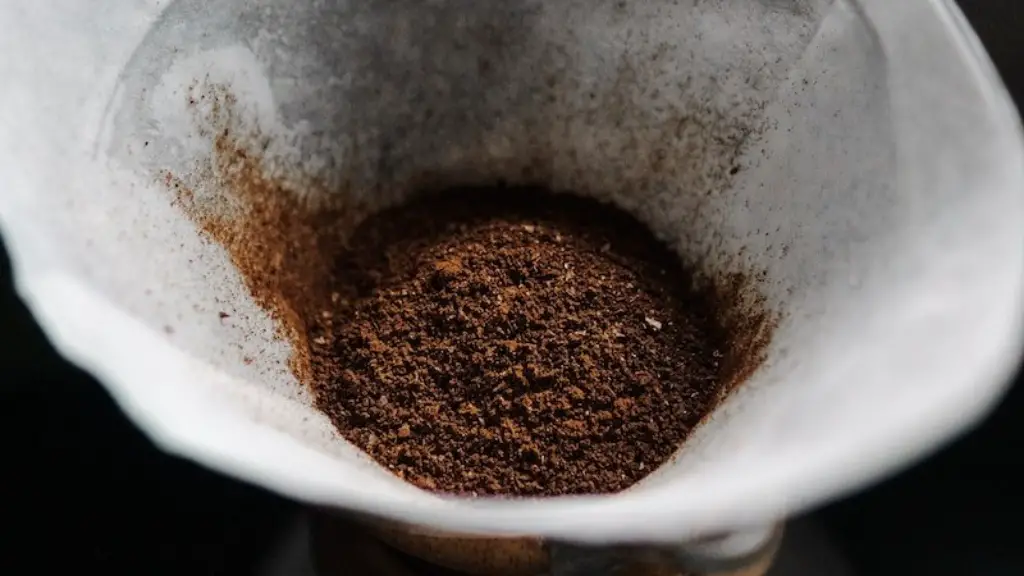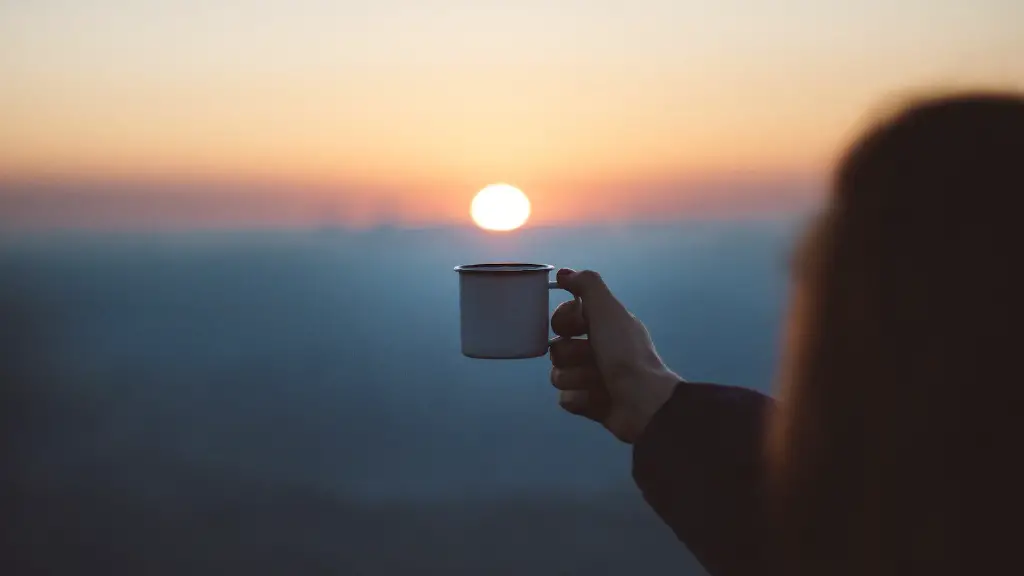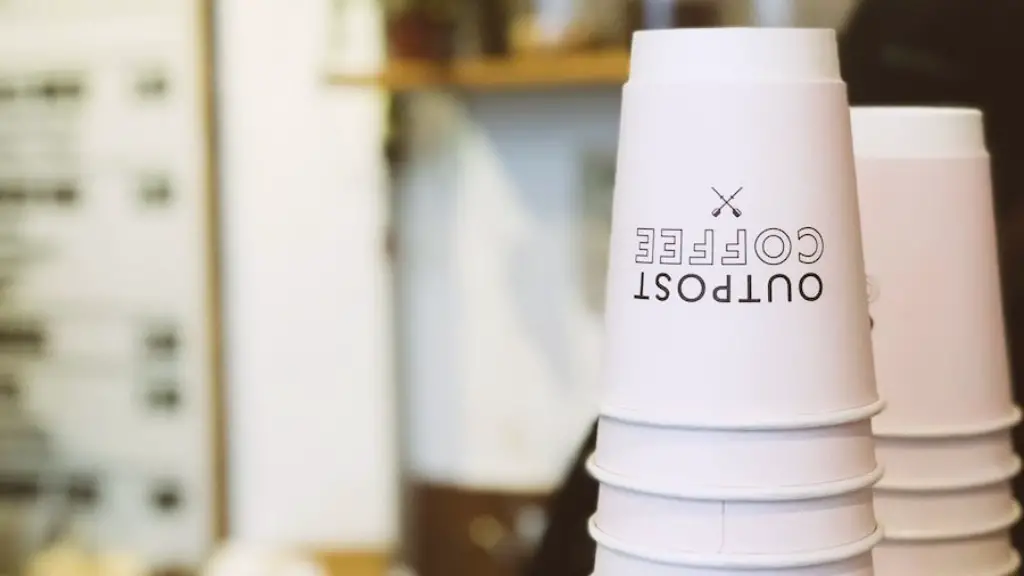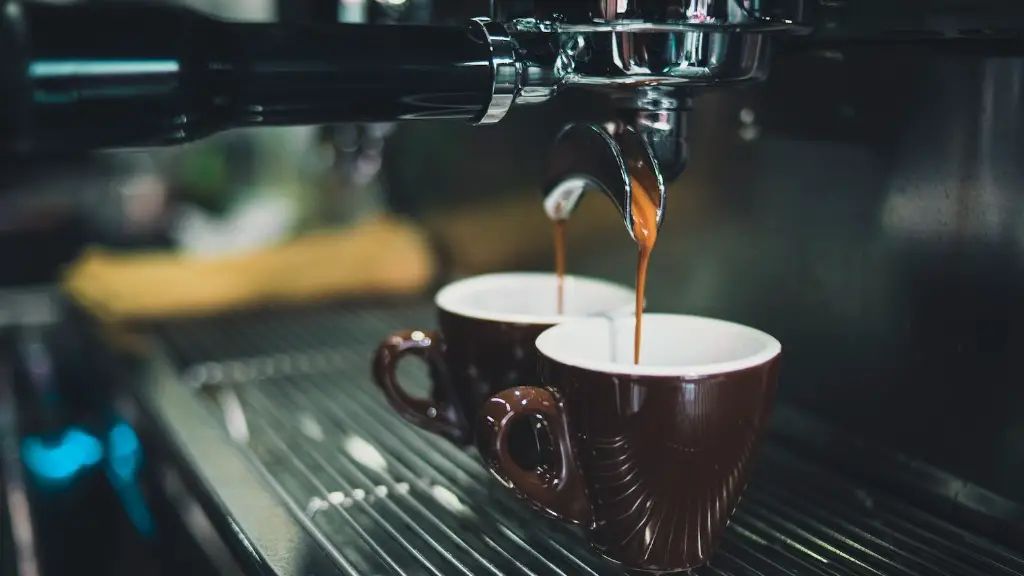Are you someone who loves coffee? Do you like to start your day with a hot cup of coffee? If you do, you may be wondering how many coffee beans you should eat. The answer depends on a few factors, including your weight, your caffeine tolerance, and your desired level of caffeine intake. Ultimately, it is up to you to decide how many coffee beans to eat.
There is no definitive answer to this question as it depends on factors such as individual caffeine tolerance and the type of coffee bean. However, as a general guide, most people can safely consume up to 400 mg of caffeine per day. Therefore, if you are looking to consume a safe amount of coffee beans, we suggest eating no more than 10-12 beans per day.
Can you eat too many coffee beans?
Coffee beans are safe to eat, but you should not eat too many of them. They are packed with antioxidants and caffeine, which may boost energy and lower your risk of certain diseases. However, if you eat too many coffee beans, you may experience some unpleasant side effects. Chocolate-covered coffee beans may also contain more calories, sugar, and fat than regular coffee beans.
Raw coffee beans are not as palatable as roasted beans, due to their lack of flavor. Additionally, raw coffee beans are quite acidic and dense, making them difficult to chew.
How many espresso beans can you eat to equal a cup of coffee
A cup of coffee typically contains between 95-100mg of caffeine, while an average espresso bean contains about 6mg of caffeine. You can approximate that 16-17 beans would equal a cup.
Coffee is a popular beverage and many people enjoy it on a daily basis. However, it is important to be aware that consuming too much coffee can have some negative side-effects. For example, eating too many coffee beans can lead to increased heartburn, increased heart rate, and other unpleasant side-effects. Not only this but too many coffee beans can also have a laxative effect, but it can lead to high cholesterol over time if consumed continuously. It is therefore important to moderate your coffee intake if you want to avoid these potential problems.
How many coffee beans should I eat a day?
Assuming you are not pregnant or sensitive to caffeine, you can safely eat around 20 to 30 coffee beans per day, which is equivalent to the amount of caffeine in a regular 8 oz cup of coffee.
There are a few disadvantages to eating roasted coffee beans. First, they can cause heartburn. Second, they can cause bloating and/or nausea. Third, they can have a laxative effect. Fourth, they can disturb sleep. Fifth, they can cause anxiety and an elevated heart rate. Sixth, they can cause withdrawal symptoms if you are trying to quit caffeine. Finally, they can increase the risk of pregnancy.
Which coffee beans are best to eat?
The verdict: In terms of antioxidant content, blonde roasts are healthiest. Blonde Robusta coffee has the most antioxidants, followed closely by blonde and then medium-roast Arabica coffee.
Eating coffee beans is a great way to get a big antioxidant and caffeine boost. On average, 8 coffee beans carry an amount of caffeine equivalent to one espresso. The interesting thing is that your body will absorb the caffeine more quickly, so beware.
Can I eat coffee beans for weight loss
Coffee beans are a great source of caffeine, which has been linked to improved endurance during workouts, improved metabolism, and an increased rate of fat burning. To get the same amount of caffeine as a shot of espresso, you need to eat roughly between 37 to 48 coffee beans.
A single arabica coffee bean contains just two milligrams of caffeine, but eating espresso beans can actually give you more energy than drinking a cup of coffee. That’s because the body digests beans differently, and a serving size of eleven espresso beans is equivalent to drinking two cups of coffee.
How many espresso beans should you eat in one sitting?
If you’re looking for a quick and easy way to get a caffeine boost, look no further than espresso beans. Just eleven beans will give you a nice little jolt that will last for hours. Dilettante recommends this as the perfect amount – not too much and not too little. So next time you need an energy boost, grab a handful of beans and enjoy!
Coffee may be a staple in many people’s mornings, but it’s not something that you can live off of. Humans need a variety of nutrients and calories to survive, and coffee simply doesn’t provide that. While it may give you a temporary energy boost, it’s not a sustainable source of energy or nutrition. So, no, you can’t live on coffee alone.
How many coffee beans equal a cup of coffee
It takes around 70 coffee beans to make a human-sized cup of coffee. However, coffee ratios are usually determined by the rate, rather than the number of beans.
If you’re trying to stay within the 400mg limit for caffeine, you can have around 30 coffee beans. However, keep in mind that the caffeine content can vary drastically based on the size, type of bean, roast, and more. So, it’s important to be aware of how much caffeine is in your coffee.
Is 1 cup of beans a day too much?
If you’re looking to up your intake of legumes, aim for about ½ cup per day. This will help you meet the US Dietary Guidelines, which recommend eating 3 cups of legumes per week. Pinto, kidney, and black beans are all great options to choose from. Not only are legumes a good source of protein, but they’re also packed with vitamins, minerals, and fiber. So go ahead and add them to your favorite recipes or enjoy them on their own!
Beans and peas are staples of these two food groups in the Dietary Guidelines. If you get plenty of protein, feel free to include beans in your vegetable tally (2 1/2 cups a day is recommended). For vegetarians and vegans, beans can be a key source of plant-based protein.
Can you eat coffee beans raw
Raw, or green, coffee beans are highly acidic and are said to have a “grassy” or “woody” flavor. They are much harder than roasted beans, making them difficult to chew. When you process a coffee bean, the darker the roast, the softer the bean becomes.
It’s no secret that coffee is packed with antioxidants and other nutrients that can be beneficial for your health. In fact, coffee is so good for you that it’s often referred to as a “superfood.” Thanks to the thousands of scientific studies that have been conducted on coffee, we now know that it can offer a wide range of health benefits, including improved brain function, a reduced risk of cancer, and a lower risk of death.
Final Words
There is no definitive answer to this question as it depends on a number of factors, including the person’s weight, metabolism, and tolerance to caffeine. A general rule of thumb, however, is to consume no more than 400 milligrams of caffeine per day, which is equivalent to about four coffee beans.
There is no set answer to how many coffee beans one should consume in a day, as it depends on factors such as age, weight, and activity level. However, moderate coffee consumption (2-3 cups per day) has been linked with health benefits such as reduced risk of death from cardiovascular disease and lower risk of death from all causes. So, if you enjoy drinking coffee, there is no need to worry about how many beans you are ingesting.
